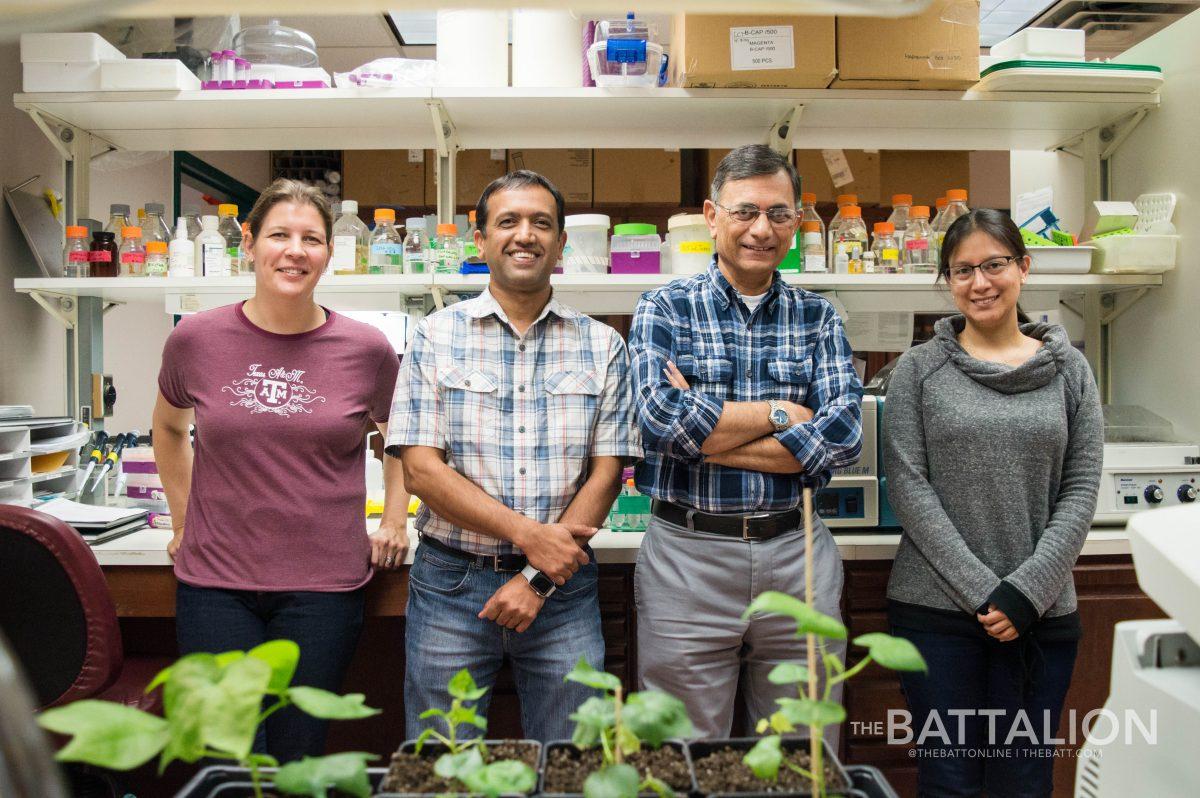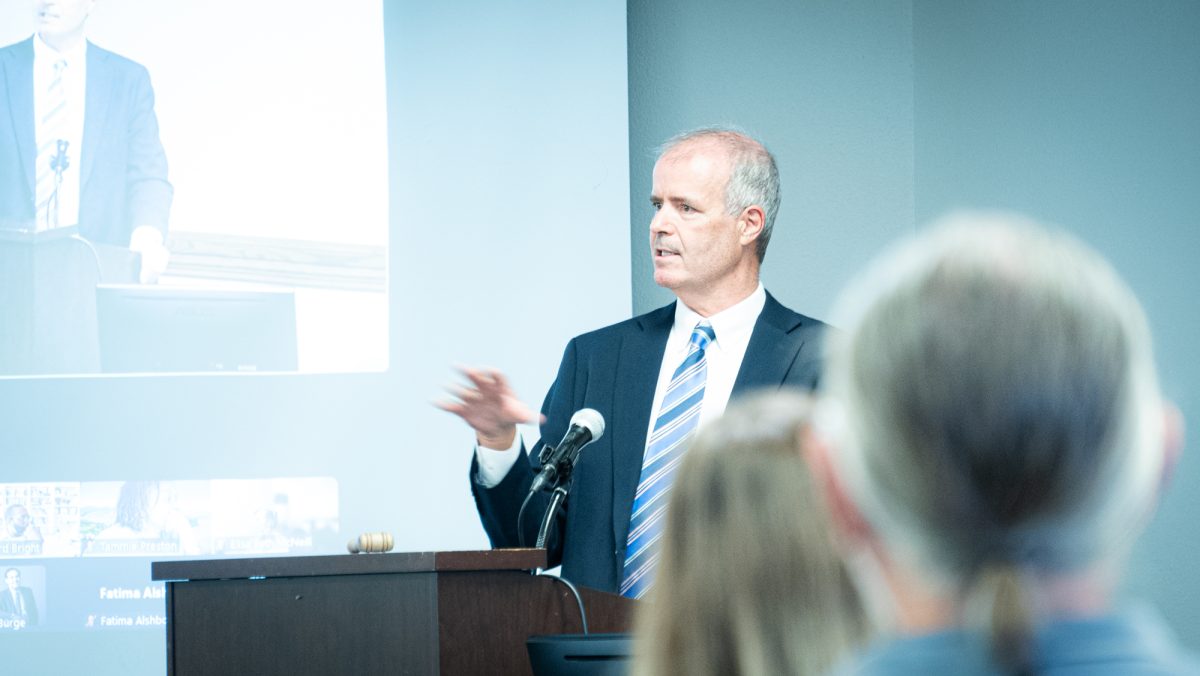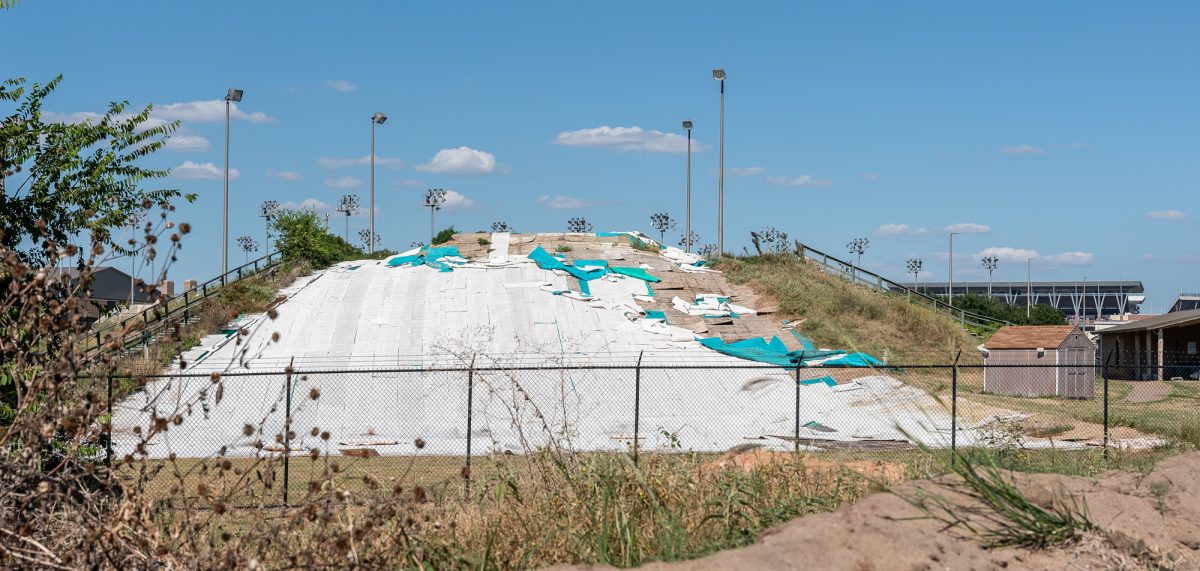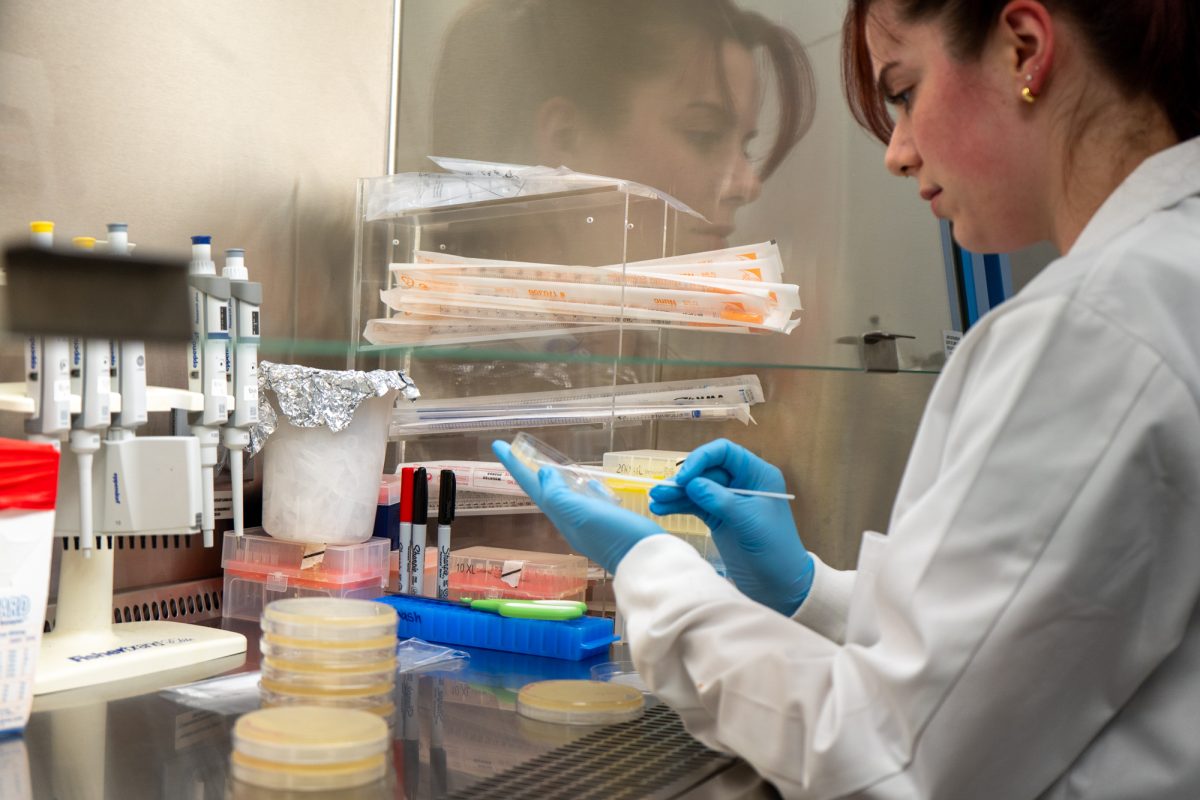Texas A&M researchers have been working to unlock a potentially powerful new food source.
Earlier this month, soil and crop sciences professor Keerti Rathore and his team received USDA approval for the edible cottonseed research that Rathore has been working on for 23 years.
This approval is a milestone as it means the team’s genetically modified strain of cotton is closer to being grown on a larger scale.
“Cotton plants produce a toxic substance called gossypol, which is present throughout the cotton plant, and it protects the plants from insects, but the compound is also present in the seed,” Rathore said. “Cottonseed has a lot of protein, about 23 percent, but because of this toxin, we cannot utilize cottonseed either as food or feed for single-stomach animals such as chicken, fish, pigs and so on.”
While cotton seeds are currently used as cattle feed, cows have a low protein conversion ratio, so it takes 20 pounds of feed protein to get one pound of beef protein.
Chicken and fish are five times more efficient in producing protein, so being able to feed them a low-gossypol form of cottonseed could have major benefits for food production.
According to Rathore, if the gossypol is substantially removed from the cottonseed, it can even be used directly for human nutrition.
The researchers’ strain of cottonseed is now in the process to receive FDA approval, which looks at whether the product is safe enough for consumption, said postdoctoral research associate Devendra Pandeya, who has worked on this project since 2011.
“The USDA approval means that we can grow these cotton seeds anywhere. There is no restriction on that,” Pandeya said. “We have to receive the FDA’s approval for the consumption part.”
After the seed is approved by the FDA, Rathore and his team are planning to make it accessible to farmers across the nation.
The journey to USDA approval has been long, and research assistant LeAnne Campbell said she has seen many challenges during her 19 years on the project.
“The first couple of times we tried it did not work the way we wanted it to,” Campell said. “And then we finally got some good results and we published the paper. Then we had to conduct field trials and collect the data over several years to show that we had changed only one thing in the cotton plant and everything else was the same, including the fiber, the plant, the pollen, the seeds, et cetera.”
According to Texas A&M Today, the university is now one of only four public institutions to have received the USDA’s deregulation approval for an engineered crop.
Rare USDA deregulation opens doors for two-decade-old research program
October 30, 2018
Photo by Photo by Brandon Holmes
Leanne Campbell, Devendra Pandeya, Keerti Rathore and Stephany Toinga are researching edible cottonseed and recently received USDA approved.
0
Donate to The Battalion
Your donation will support the student journalists of Texas A&M University - College Station. Your contribution will allow us to purchase equipment and cover our annual website hosting costs.









